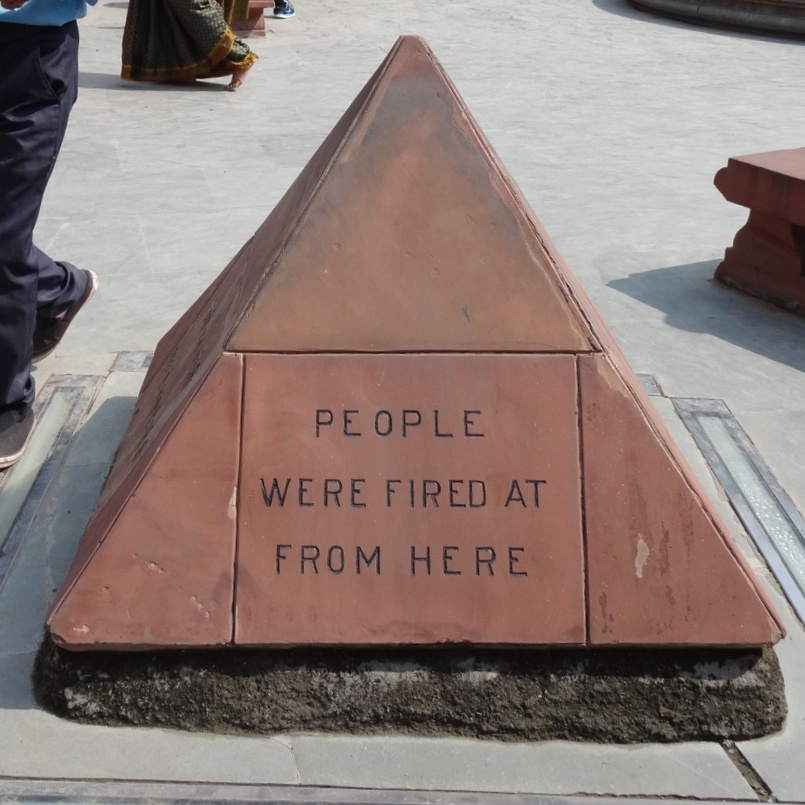I’m working on some longer stuff, because one thing that #blacklivesmatter has made me realise is that there are a lot of assumptions being made about racism and there’s a lot of bollocks being talked.
In the meantime, a few bullet points:
- We still have institutions here in the UK that treat people differently according to their race.
- We still have tropes and stereotypes in our society that disadvantage people of colour.
- We still have an embarrassing number of actual, conscious racists (and weird conspiracy theorists).
- A majority group can easily overlook the problems it causes a minority.
For you, personally, not being racist is a good start. If we are to end racism however that is not enough.
You can do more simply by looking within yourself to see if you have unconscious biases. I’ve been an active campaigner against racism for about 25 years and I still find the odd little quirk in me.
You can do more by listening to minority groups when they try to explain ways in which our society discriminates against them.

You can do more by reading, watching documentaries, etc. “Natives” by Akala is a good start. In recent years many good resources have been produced when it comes to the experience of black people in the UK.
Accessible resources about other forms of racism are more difficult. For instance, I learnt about the Jallianwala Bagh massacre when I was stood in Jallianwala Bagh (Amritsar). A lot of what I’ve learnt about other forms of racism comes either from visiting other countries or from talking directly to people in the UK. I’m currently trying to collate some resources on this.
You can do more against racism by taking action. These days taking action against racism is not so much facing down neo-Nazis in the street. You can still do that if you want, you can also attend protests, #blacklivesmatter shows us how effective that can be. Fighting against racism is so much more than that, though.
The simplest action you can take is to be overtly against racism. Talk about it, make being against racism normal. The key point to understand and the most difficult to communicate is that conscious racism is really only the tip of the iceberg. A lot of the values, systems, traditions, institutions of our society were formed between 1555 and 1833, when England (latterly Britain) was involved in the slave trade and inherently a white supremacist society. Serious attempts to end racism only started in the 1970s. We’ve made good progress in eliminating active, conscious racism but we still have a very long way to go before we can say that we’ve ended racism.
The ship of state does not turn quickly and one person can only push so hard on the rudder. Some people can push harder than others, of course, but the more hands we have pushing the faster the ship will turn.
It’s a long journey, we know that, but we will get there.